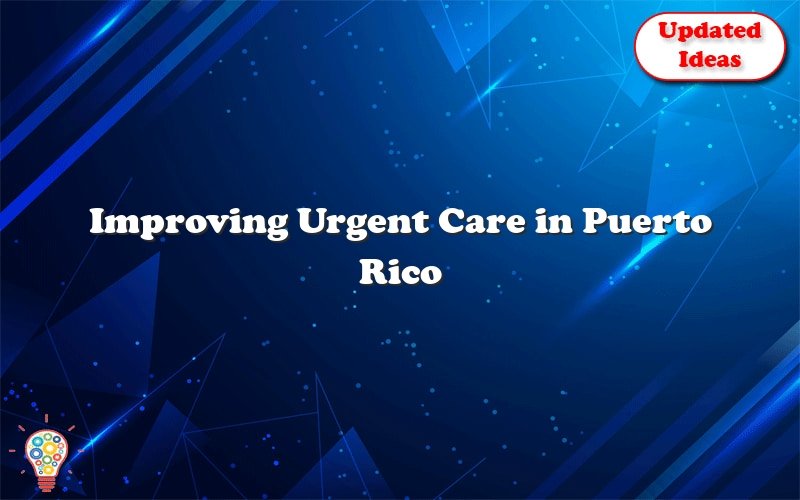After Hurricane Maria, primary healthcare services became harder to access, and demand for urgent care soared. A significant shortage of primary care doctors was caused by a lack of time to treat chronic conditions and emergency situations. The International Medical Corps increased outreach to remote communities by teaming up with five federally qualified health centers in Puerto Rico. Six teams of volunteers provided medical consultations to over a thousand patients in 46 barrios and also provided break periods for local health workers.
After the January quakes, the International Medical Corps partnered with the Association of Primary Care Puerto Rico. This network consists of 70 federally-qualified health clinics. These clinics provide healthcare to the low-income population. The AMPPR provided generators as well as water bladders to six hospitals in the aftermath of the earthquake. This allowed them to restore electricity and provide clean water for patients. The International Medical Corps also deployed nurses and doctors who were trained to provide emergency medical treatment in remote areas.
During Hurricane Maria’s path through the island, hundreds of thousands of people lost their homes. Many remained in temporary housing. ASPPR staff and volunteers were able to restore health services for hundreds of thousands of people despite the extensive damage. One of their top priorities was to ensure the continued safety of people in Puerto Rico. ASPPR is committed to providing high-quality health care to the island. They offer affordable care for the most needy residents.
The International Medical Corps worked closely with the Association of Primary Care in Puerto Rico (ASPPR), a network of seventy-four federally qualified health clinics in the country. Six of their facilities received water bladders and generators from the IMPR, allowing them to restore electricity and water. The IMPRC also sent physicians and nurses to help the ASPPR staff restore electricity and provide clean drinking and hygiene supplies in a difficult-to-reach region. The organization helped more than 1,000 people in the community.
The International Medical Corps partnered with the Association of Primary Care in Puerto Rico to provide emergency relief. Seventy-seven federally-certified health clinics are part of the ASPPR, providing health care for low-income families. After the IMPR team’s initial deployment, the group provided generators for six health facilities and water bladders for the community. This aid enabled the ASPPR staff restore electricity and provide clean drinking water.
During the IMPR, they helped ASPPR and its members with disaster relief. The IMPR supported the Association of Primary Care in Puerto Rico to provide health care and other resources for its member hospitals as well as other communities. With the help of the IMPR, the IMC has also helped restore clean water and generators to six of its health facilities. During the hurricane, the International Medical Corps provided clean drinking water and food to thousands of people.
The IMPR has provided much-needed assistance to the IMPR after the hurricane. They have helped rebuild communities by providing generators and clean water. In addition to providing generators, the IMPR has also helped by distributing water tanks. With its assistance, the IMPR has helped ASPPR provide medical care to more than 610,500 people. It is not only a relief organization.
IMPR has also been a key partner in implementing health relief in Puerto Rico. The IMPR has teamed up with ASPPR and has a network of 70 federally qualified health clinics. The IMC provided generators as well as water bladders to six facilities. This allowed them to restore electricity and provide clean water to thousands of people who were displaced. It has also helped to restore clean drinking water and addressed issues related to community wells.
The International Medical Corps has assisted the IMPR in providing safe water. Its relief efforts include supplying generators and water bladders to the IMPR’s 70 federally qualified health clinics. In addition, the IMPR has provided health care in the area’s most remote areas, including impacted communities. In January, tens of thousands of people were displaced in evacuation shelters and needed clean drinking and safe drinking waters.

